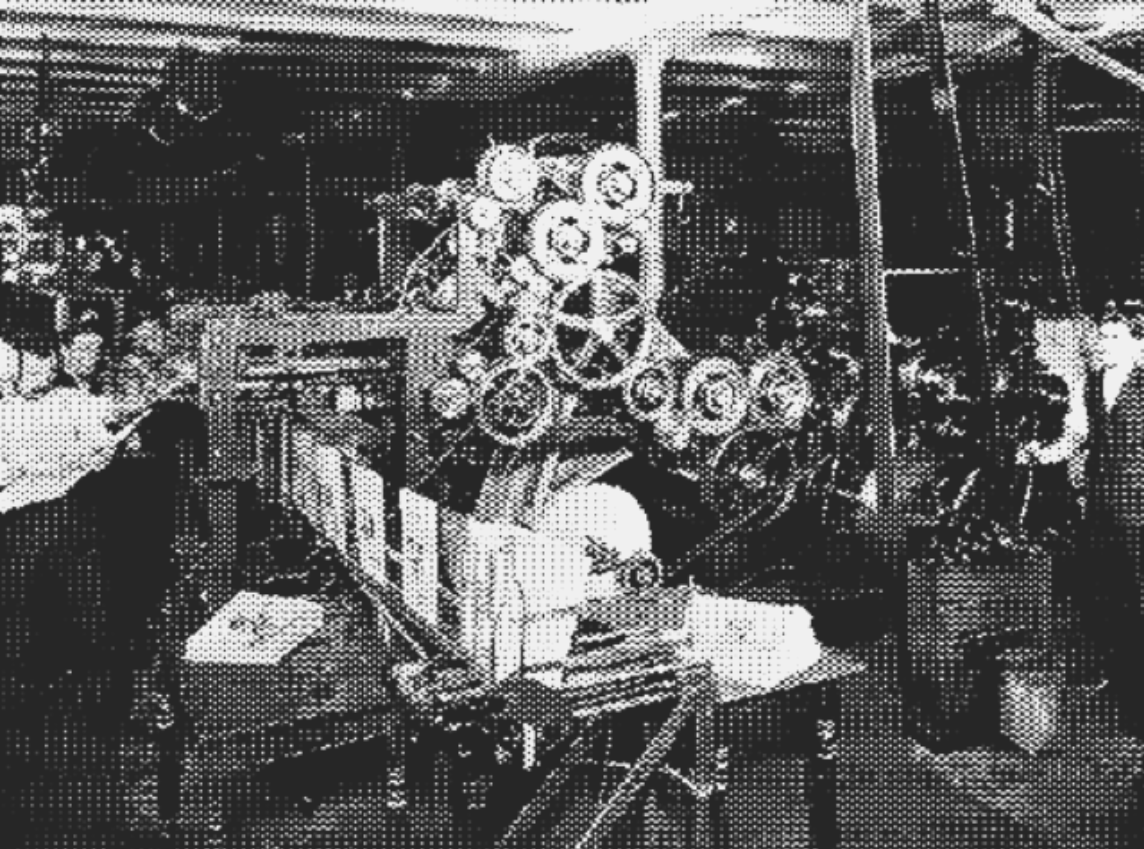JFI’s Critical Review of Macroeconomic Models is covered in Insider

An article in Insider contextualizes JFI’s new report, “A Critical Review of Macroeconomic Models for Guaranteed Income & The Child Tax Credit,” which offers lessons from macroeconomic analyses about the possible economy-wide effects of a federal guaranteed income policy.
From the article:
As part of the Build Back Better reconciliation package currently the focus of torturous negotiations in Congress, Democrats are trying to make sure that the new CTC — a payment to parents of kids 17 and under that Democrats made fully refundable and boosted to $300 a month per child in their last COVID aid package — stays intact. But centrists like Democratic Sen. Joe Manchin, a linchpin in the negotiations, conservatives like Senator Marco Rubio, and policy experts from bastions of neoclassical economics are all concerned that unless there are strict rules over who gets the mega-CTC’s monthly cash drops a slew of Americans will simply leave the job market altogether.
However, a new study of the macroeconomics of universal cash benefits like the expanded CTC shows that the effect of these programs is hotly contested: different models produce divergent effects on employment, and some predict the monthly cash drops could in fact boost labor participation and the economy at large. This modeling study is complemented by a growing body of empirical research on cash benefit programs, which casts doubt on the conventional economic idea espoused by Manchin and others that people will just cut back on work or savings. If that’s the case, then strict means tests or work requirements that Manchin demands may be counterproductive.
Full piece, by Alex Yablon, available here ($).
View JFI’s full paper here, and the series here.